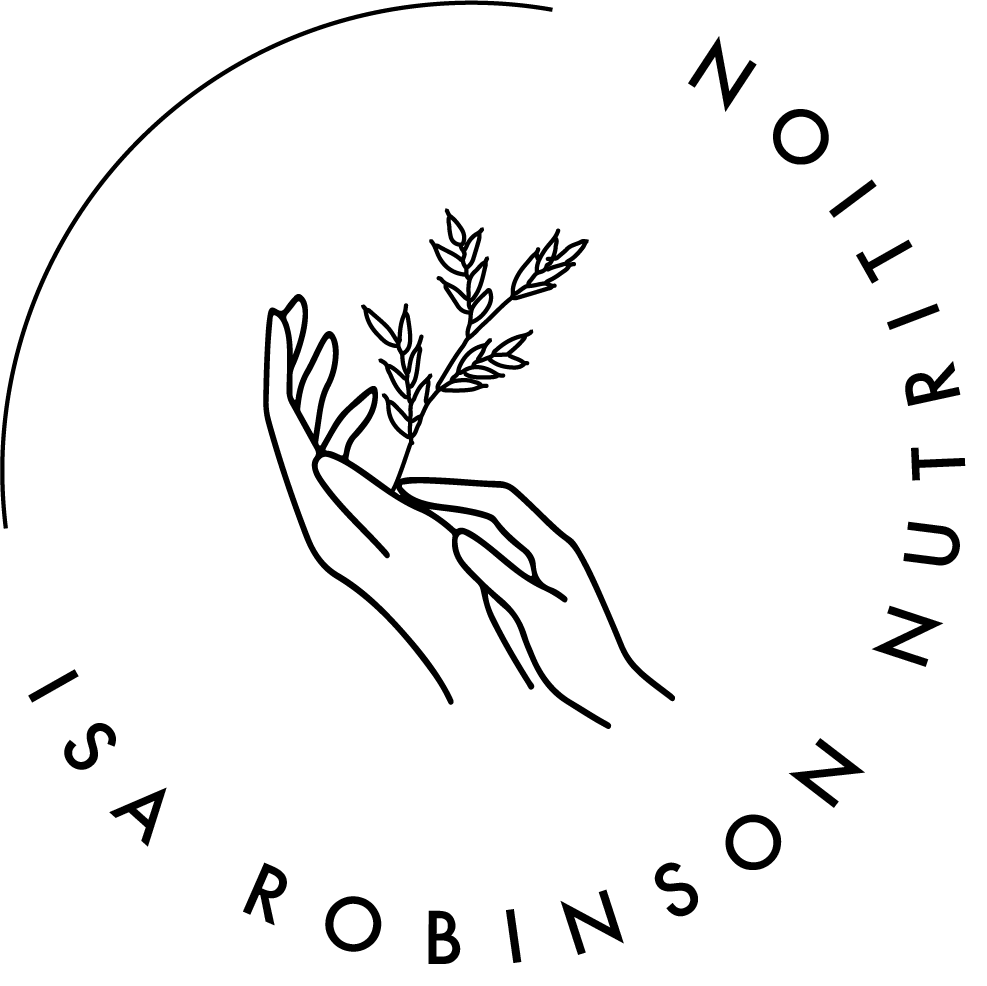Is it sugar, or how we feel about sugar?
The way we think and feel about food matters.
A recent study found that perceived sugar intake rather than actual sugar intake may have a greater impact on glucose metabolism.
There is a growing awareness around the role both mind and body play in many physical diseases. Several studies that suggest subjective mental states (such as mindsets or expectations), may influence human physiology (1). For example, a study has found that expectations to develop flu-like symptoms during the winter season increase the likelihood to develop the symptoms (2).
Although diabetes is generally approached following the dominant biomedical model (primarily assumes that blood glucose levels rise and fall as time passes after sugar intake), there is some evidence to suggest that psychological aspects play a role in its physiological processes (1). For example, stress has been consistently associated with higher blood glucose levels among both those with and without diabetes, and the subjective perception, rather than the objective perception of real -time, has been shown to determine blood glucose level changes in people with type 2 diabetes (3).
A study published in 2020, investigated whether psychological factors influence the effects of sugar consumption on blood glucose levels in people with type 2 diabetes (1).
Method
Thirty participants with type 2 diabetes were instructed to come to a laboratory twice, with a three-day interval between the visits. Participants were told, “we are gathering evaluations of the taste and perceived nutritional value of a high-sugar beverage and a low-sugar beverage designed for people with type 2 diabetes”.
At each visit, participants consumed one of two beverages, which were identical but had labels indicating different sugar levels. Baseline blood glucose levels were measured. After consuming the beverages (labelled as either having low sugar or high sugar), blood glucose levels were measured three times, with a 20-minute interval from the baseline measurement.
The researchers also took into consideration perceived hunger, stress and mood, restrained eating behaviours and nutritional satisfaction of the participants.
Results
They found that although the beverages used in the study were the same, with the same sugar content, the blood glucose values changed according to the participants’ expectations (either low or high sugar content), and not to the amount of sugar they actually consumed. The subjective perceptions of sugar intake, even when incorrect, produced measurable biochemical changes in diabetic metabolism.
When the researchers controlled for factors such as emotional eating habits and the level of perceived stress, perceived sugar intake had significantly less effect on blood glucose levels. They also found that subjective feelings associated with the nutritional facts seemed to have a pivotal role in determining blood glucose changes. Suggesting that people with diabetes who decide whether to eat based on external stimuli (e.g., when it’s time to eat, or when other people eat), rather than based on internal stimuli (e.g., feelings of hunger), react more strongly to the labels on the beverages. In other words, the greater the importance people placed in the nutritional facts, the more influence they had in resulting in the expected effect.
Could it be that worrying excessively about all the sugar in ‘X’ food, could actually be exacerbating elevated glucose? Plus, where does this leave how we may respond to other foods if we hold strong entrenched beliefs about them?
These findings support the role of the mind on the physiological aspects of people with diabetes as blood glucose levels increased in accordance with how much sugar participants believed they consumed rather than how much they actually consumed.
Limitations
The study took place in a psychology laboratory on a school campus. Some of the participants indicated that the study location made them doubt whether the procedure was legitimately aligned with the proposed purpose of the study. However, at the end of the study, participants were asked to indicate what other purposes might be behind the study and none were able to identify the true purpose of manipulations of the study.
References



